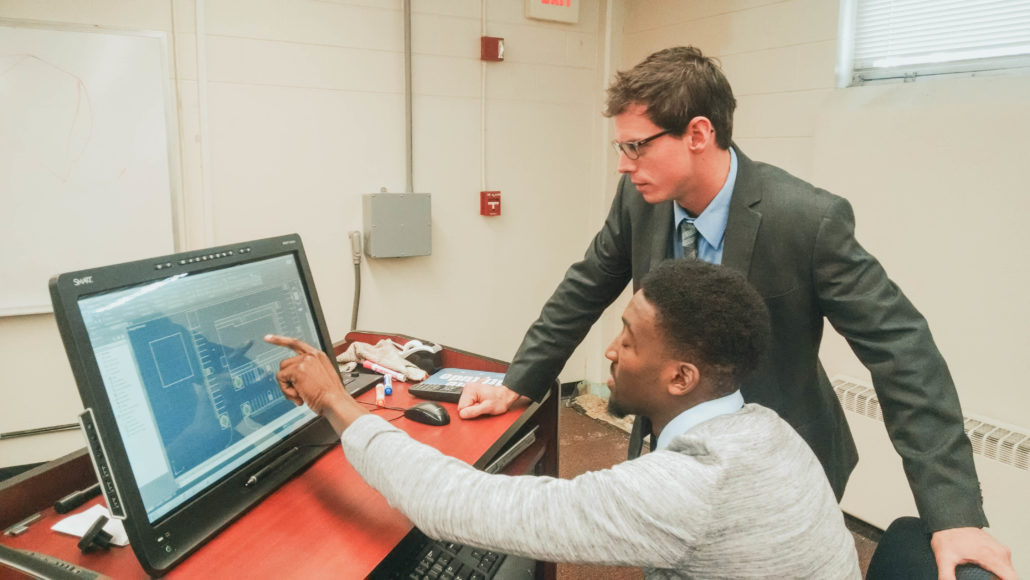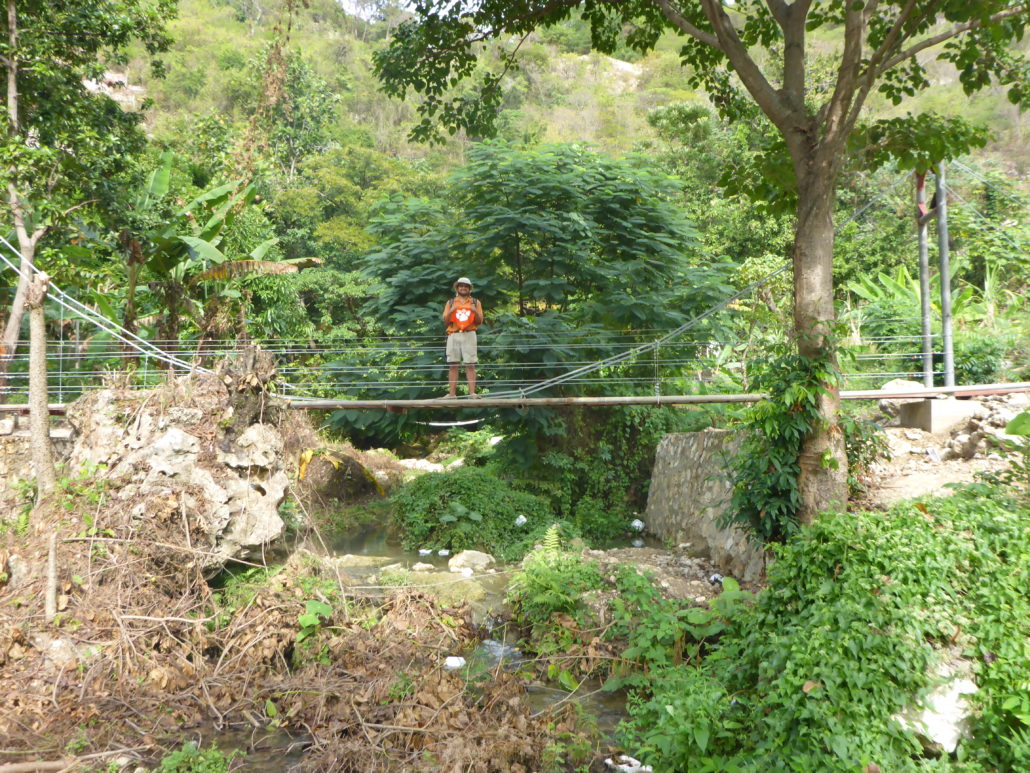
Share This Article!
Related Articles
Self Service through Community Service
By:Kaitlin Smith
“The most rewarding part of being a Community Scholar is the opportunity to take a break from my academics and volunteer for a few hours a week while beneficially impacting our community,” said junior Shelly Kaur. The Community Scholars Program emphasizes civic engagement and community leadership, offers recipients the opportunity to learn about civic and community life and allows students to combine public service activities with their Clemson experience. The Community Scholars program began in 2005 and was funded through a Public Service Activities (PSA) endowment that Clemson University developed to fund a scholarship program designed for students interested in community service. Incoming freshmen and transfer students are eligible to apply to the Community Scholars program. Students may apply in the fall of freshman year. If selected, the student officially begins the program in the spring semester of their freshman year, and can continue in the program for the next three years.
“The most rewarding part of being a Community Scholar is the opportunity to take a break from my academics and volunteer for a few hours a week while beneficially impacting our community,” said junior Shelly Kaur.
Eight to 10 new applicants are selected each year to participate. In addition to completing 56 hours of community service each semester, Scholars participate in four one-hour credit Creative Inquiry (CI) courses each spring semester. Dr. Susan Limber from Clemson’s Institute of Family and Neighborhood Life serves as Faculty Director of Community Scholars and teaches the senior CI course. Dr. Mark Small from the Institute of Family and Neighborhood Life teaches the junior CI course focused on international volunteerism and civic engagement, and sociology professor Kaur explained the wide range of learning opportunities she has already encountered in the Community Scholars program. “I didn’t expect to gain so much knowledge about nonprofit organizations and various types of community service such as relief, improvement, and social reform,” she said.
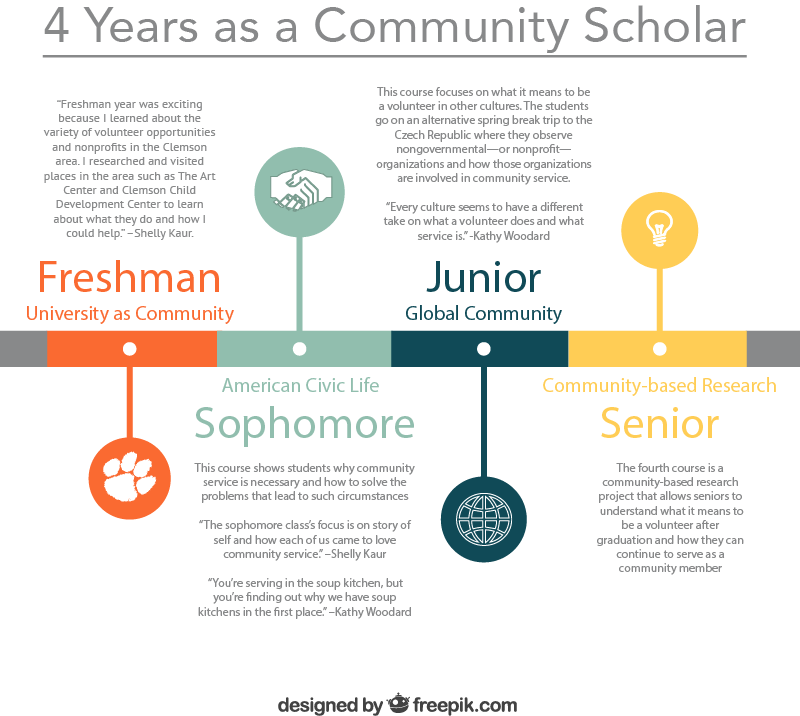
Kathy Woodard, Administrative Director of the Community Scholars Program, explains that the service hours benefit the students not only on a personal level, but also on a professional level. “For example, if a student wants to be a doctor, he or she may want to volunteer in a free clinic. Their service can be valuable experience for the student to take into the next phase of their education, and also give them real-world situations to talk about during their interviews for medical school or write about in their applications.” Being able to gain relevant experience while simultaneously helping the community seems impossible — business and service aren’t exactly synonyms — so this advantage came as a surprise to Shelly Kaur. “I didn’t expect to perform community service that pertains to my major, which is marketing,” said Kaur. “I recently became a Volunteer Social Media Coordinator for Community Code, Inc., which is a nonprofit dedicated to providing students with professional development, information technology fundamentals, and life skills to help them achieve their personal and career goals. It is super rewarding to help promote such a great cause while also developing my marketing skills.” Professional connections aren’t the only benefits enjoyed by Community Scholars.
Their service can be valuable experience for the student to take into the next phase of their education, and also give them real-world situations to talk about during their interviews for medical school or write about in their applications
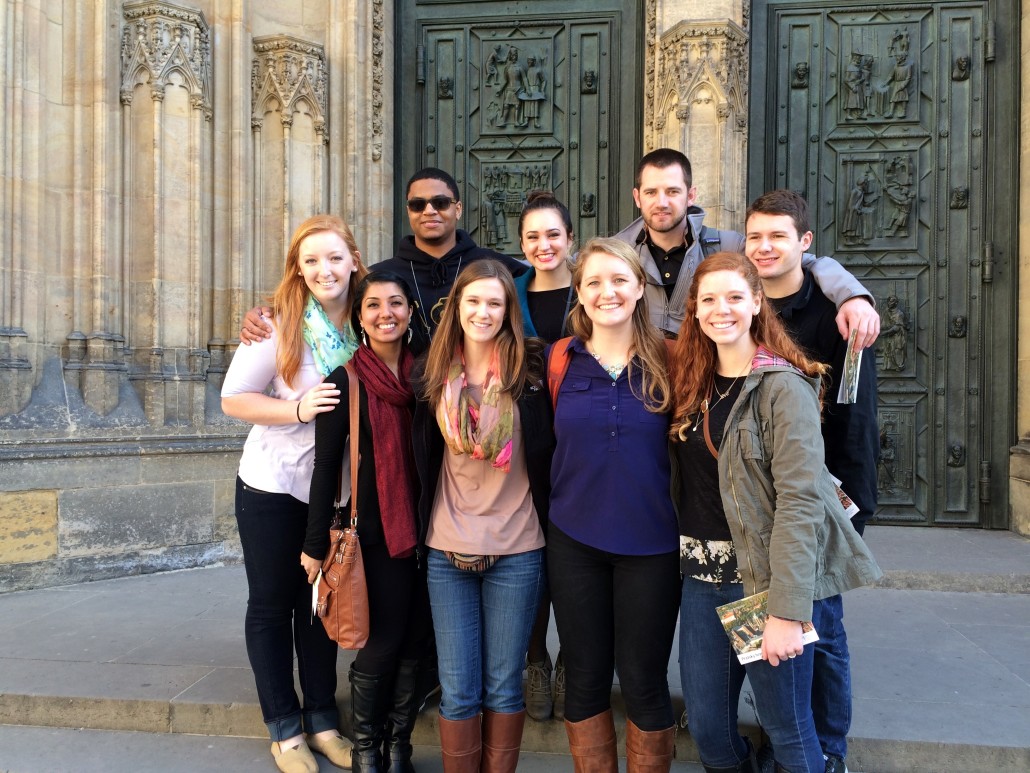
The program is also diverse, allowing students to work with like-minded people from different disciplines. “It’s not major specific and is open to students from any major. For some students, this may be one of only a few interdisciplinary experiences that involves them with other upperclassman from different majors on addressing a community problem as part of a classroom experience,” Woodard said. The relationships that students form during this program set the stage for the four years they spend at Clemson University, and Woodard believes that this experience has a huge impact on some of them. “The Scholars meet in their freshman year. Many decide to live together in their sophomore year in the Civics and Service House Living and Learning Community, and then they have class with each other once a year for four years and participate in the Civics and Service House (CASH) student organization. ” She said. “ Many of the Scholars consider Community Scholars and CASH their Clemson family.”
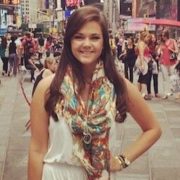
Written By: Kaitlin Smith
Kaitlin Smith was a Pearce Center Intern her senior year at Clemson University. She Graduated with a Bachelor of Arts in English with an emphasis in Writing and Publication studies and a minor in Business Administration. She is from Abbeville, SC, a very small town about an hour outside of Clemson.

